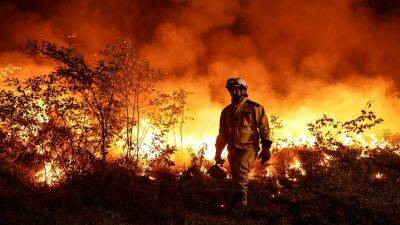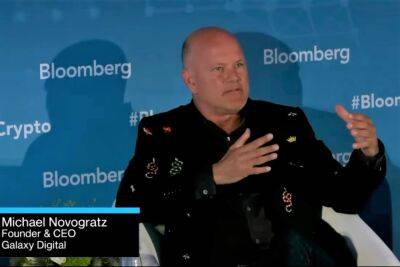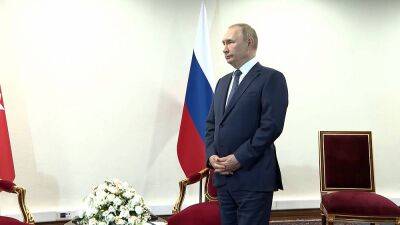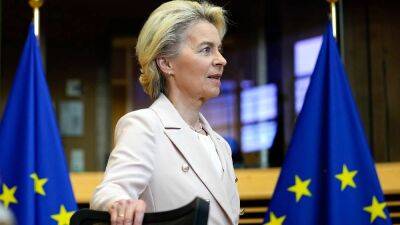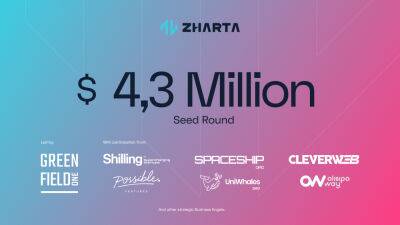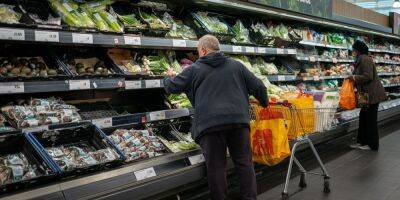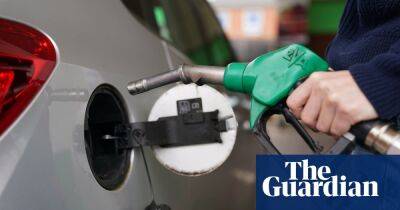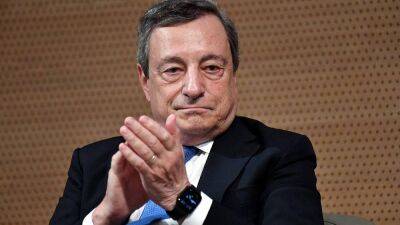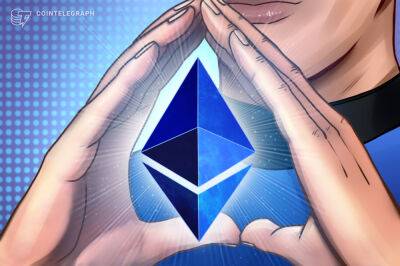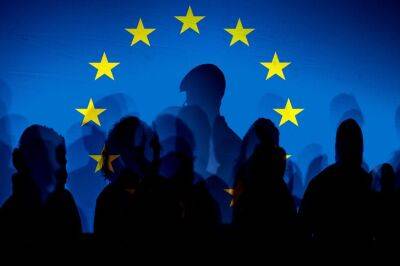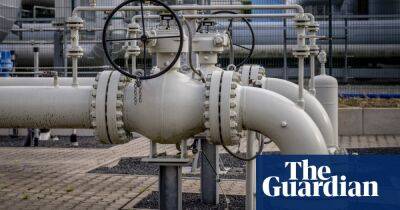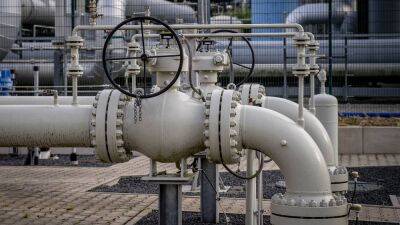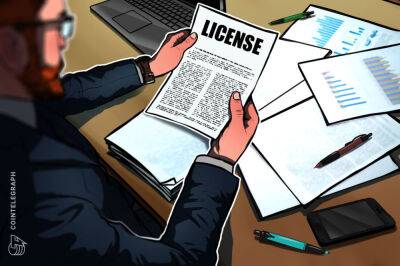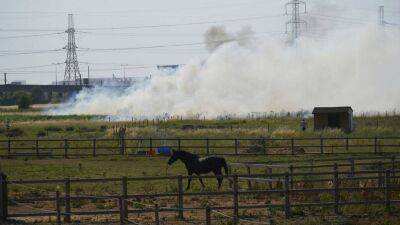Russian war slowing growth and hiking inflation, European Commission warns
Europe’s economy faces the twin blows of slower growth and higher inflation as it struggles to deal with the fallout from Russia’s invasion of Ukraine, the European Commission has warned.
In its summer forecast, the governing body in Brussels said the “protracted war” was sending shockwaves through the eurozone and the wider EU, leading to a marked slowdown in activity next year.
The commission said growth in the 19 countries that use the euro was on course to be 2.6% this year – a downward revision from its previous 2.7% forecast in May – and it has pencilled in expansion of just 1.4% in 2023, down from 2.3%.
Across the 27-nation EU, growth is predicted to be 2.7% this year, slowing to 1.5% in 2023.
“As the reality of a protracted Russian invasion of Ukraine sinks in, the assessment of its economic consequences for the global economy is turning grimmer”, the commission said. “The shocks unleashed by the war are hitting the EU economy both directly and indirectly, setting it on a path of lower growth and higher inflation.
“The rapid increase in energy and food commodity prices is feeding global inflationary pressures, eroding the purchasing power of households and triggering a faster monetary policy response than previously assumed. Furthermore, the deceleration of growth in the US is adding to the negative economic impact of China’s strict zero-Covid policy.”
Many European countries, including Germany and Italy, are heavily dependent on Russian gas, and dearer energy prices have intensified cost-of-living pressures since May.
Inflation in the single currency area is now expected to peak at a new record high of 8.4% in the third quarter of 2022 and to average 7.6% for the year as a whole, up from 6.1% two months ago and 3.5%
Read more on theguardian.com



